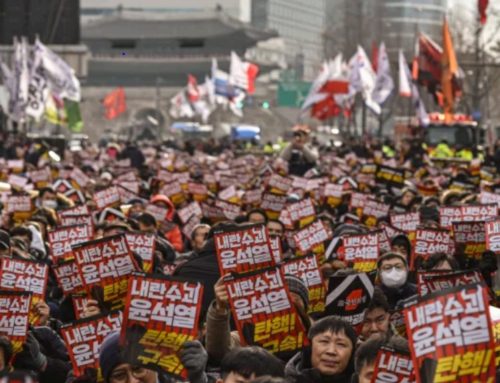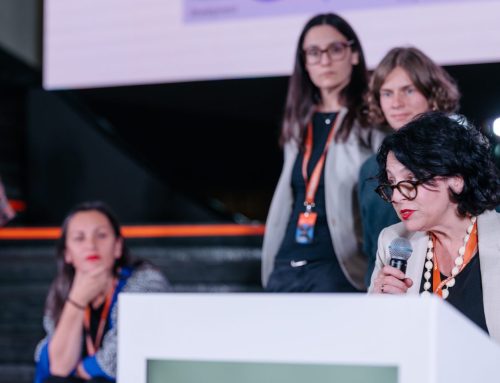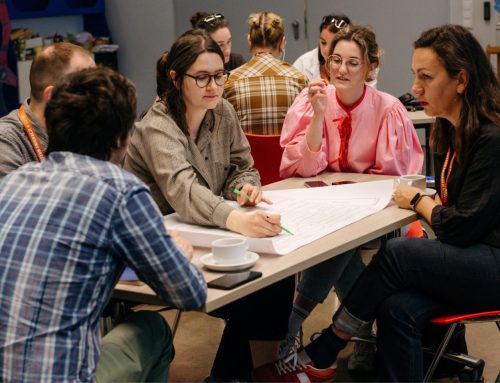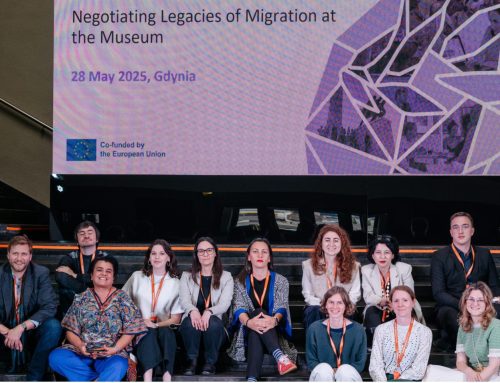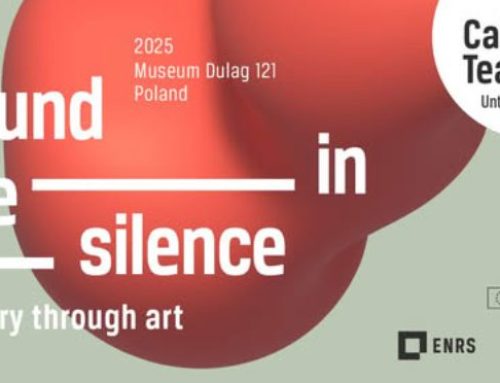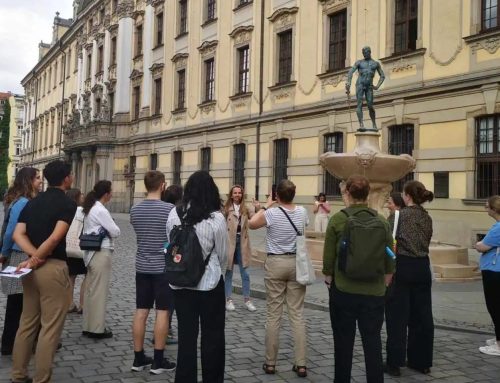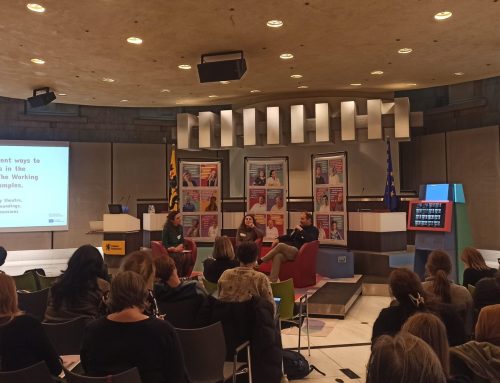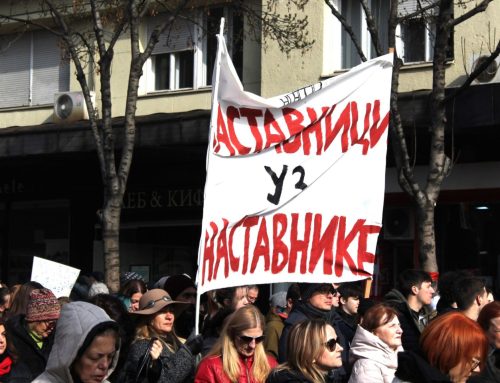On 1 February 1919 a group of French women suffragists met with Wilson at his residence in Paris to request that women delegates participate in the Peace Conference. Wilson replied that women’s labour issues could be part of the conference agenda but women’s civil and political rights were domestic issues. The French Union for Women’s Suffrage now invited colleagues from other countries to join them in Paris to hold a parallel conference, The Inter-Allied Women’s Conference, starting 10 February 1919. Delegates attended from Armenia, Belgium, Britain, France, Italy, New Zealand, Poland, Romania, South Africa and the United States. On 11 February an international delegation from the Women’s Conference met with Woodrow Wilson and received the same response as the French delegation ten days earlier. On 11 March a delegation from the Women’s Conference met the Supreme Council and identified a number of issues relating to votes for women, women’s employment rights, prostitution, prison reform, child marriage and trafficking of women and children. The Supreme Council responded that women’s civil and political rights should be settled by national governments but they did propose that the women present their case to the Commission on International Labour Legislation and the League of Nations Commission. A women’s delegation presented its case to the Commission on International Labour Legislation on 18 March 1919. Their recommendations on equal pay, maternity leave, limits to working hours and child labour were adopted by the International Labour Organisation as international standards for employment. They met with less success when a delegation presented its case for civil and political rights for women to the League of Nations Commission. However, Article 7 of the Covenant of the League of Nations did specify that all positions at the League, including the Secretariat, “should be open equally to men and women.” By 1925 just under 250 women were employed at the League of Nations; most of them were typists or working in office administration. Only two women had risen to be Heads of Service, one in charge of the typing pool and the other in charge of the stenographers who transcribed speech into shorthand. Both were paid less than men in charge of other services
About the Author: Bob Stradling
Dr. Bob Stradling taught modern political history at London University before he moved to Scotland in the 1990s where he was appointed Senior Research Fellow and Director of a multi-disciplinary research unit at the University of Edinburgh. From the mid-1980s he also worked on a part-time basis for the Council of Europe as history education consultant and in that capacity was also actively involved in the planning to establish EuroClio in 1992. He has continued to work with the team at EuroClio ever since. In 2009, having retired from the University, he was invited by EuroClio to join an advisory board to discuss how best to develop a website for history educators, Historiana, and development began in 2010 with Bob as editor-in-chief. He is also the author of Teaching 20th Century European History (2001); Multiperspectivity in History Teaching (2003), joint author (with Chris Rowe) of Critical Moments in Recent European History (2008) and the editor of Crossroads of European History (2008).


